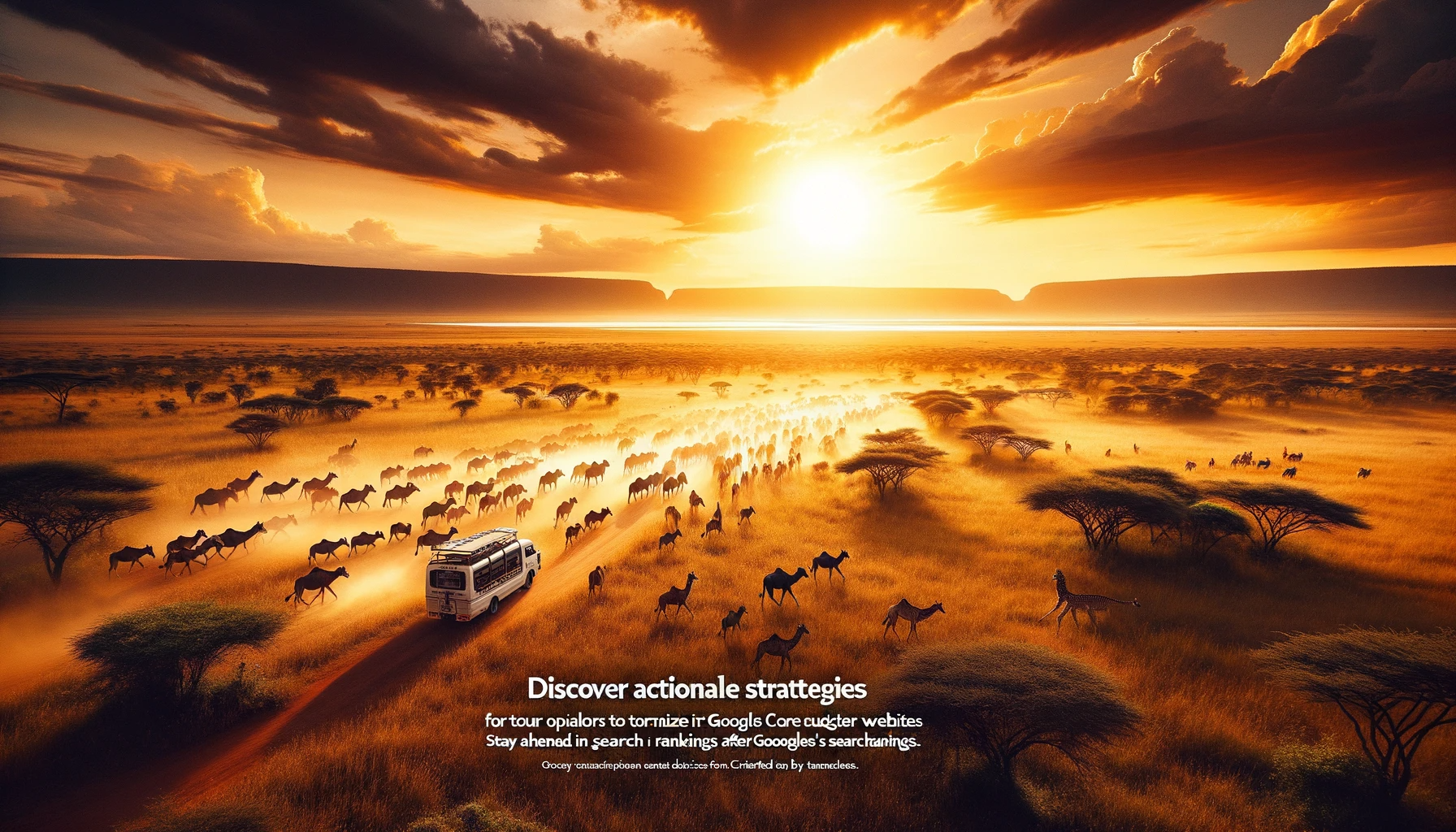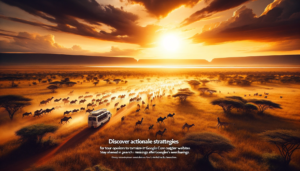Unlocking the Secrets of Successful Travel Marketing in the Digital Age
In today’s world, travel marketing has become increasingly complex due to the rise of digital technology. With so many options available, it can be difficult for travel businesses to stand out from the crowd. However, unlocking the secrets of successful travel marketing in the digital age is essential for any business looking to thrive in this competitive industry. By utilizing the latest digital marketing strategies and tools, travel businesses can reach new audiences and engage with existing ones like never before. In this article, we’ll explore the key elements of successful travel marketing in the digital age, from creating compelling content to leveraging social media and search engine optimization (SEO). Whether you’re a travel agency, tour operator, or hotel, understanding these strategies is crucial for driving bookings and building a loyal customer base. So, let’s dive in and discover how to unlock the secrets of successful travel marketing in the digital age.
Understanding the target audience for travel marketing
One of the most important elements of successful travel marketing is understanding the target audience. Travelers have different needs and preferences, and it’s important to tailor the marketing message accordingly. For example, a family with young children may be more interested in family-friendly destinations and activities, while a group of friends may be looking for adventure and nightlife.
To understand the target audience, travel businesses can conduct market research and analyze customer data. This can help to identify the demographic characteristics, preferences, and behaviors of the target audience. By understanding the target audience, travel businesses can create marketing messages that resonate with their needs and preferences.
Leveraging social media for travel marketing
Social media has become an essential tool for travel marketing in the digital age. Platforms like Facebook, Instagram, and Twitter allow travel businesses to reach new audiences and engage with existing ones. By creating engaging content and leveraging social media advertising, travel businesses can increase brand awareness, drive traffic to their website, and generate bookings.
To leverage social media for travel marketing, it’s important to create visually appealing content that resonates with the target audience. This can include photos and videos of destinations, activities, and accommodations. Travel businesses can also use social media to share customer reviews and recommendations, which can help to build trust and credibility with potential customers.
Creating visually appealing content for travel marketing
Visual content is essential for successful travel marketing in the digital age. With so many options available to travelers, it’s important to create content that stands out and captures their attention. This can include photos and videos of destinations, activities, and accommodations, as well as infographics and interactive content.
To create visually appealing content, travel businesses can work with professional photographers and videographers, or use stock photos and videos. It’s also important to optimize the visual content for social media platforms, ensuring that the images and videos are the right size and format.
The importance of storytelling in travel marketing
Storytelling is another important element of successful travel marketing in the digital age. By creating compelling narratives that evoke emotions and inspire action, travel businesses can engage with potential customers and build brand loyalty. This can include stories about destinations, activities, and accommodations, as well as customer stories and testimonials.
To create effective storytelling in travel marketing, it’s important to understand the target audience and their needs and preferences. Travel businesses can also use multimedia content to tell stories, such as videos and podcasts. By creating compelling stories that resonate with the target audience, travel businesses can differentiate themselves from competitors and drive bookings.
Utilizing influencer marketing in travel marketing
Influencer marketing has become an increasingly popular tool for travel marketing in the digital age. By working with social media influencers and bloggers, travel businesses can reach new audiences and generate buzz about their brand. Influencer marketing can be particularly effective for targeting niche audiences and building brand awareness.
To utilize influencer marketing in travel marketing, it’s important to identify relevant influencers and bloggers who have a following in the target audience. Travel businesses can then work with the influencers to create content that promotes their brand and products. It’s important to ensure that the content is authentic and aligns with the brand values and messaging.
The role of user-generated content in travel marketing
User-generated content is another important element of successful travel marketing in the digital age. By encouraging customers to share their experiences and photos on social media, travel businesses can generate authentic content that resonates with potential customers. User-generated content can also help to build trust and credibility with potential customers.
To encourage user-generated content in travel marketing, travel businesses can use hashtags and social media contests. They can also feature customer photos and reviews on their website and social media channels. By leveraging user-generated content, travel businesses can create a sense of community and engagement with their customers.
The power of reviews and recommendations in travel marketing
Reviews and recommendations are a crucial element of successful travel marketing in the digital age. With so many options available to travelers, reviews and recommendations can help to build trust and credibility with potential customers. Positive reviews and recommendations can also help to generate bookings and build brand loyalty.
To leverage reviews and recommendations in travel marketing, it’s important to encourage customers to leave reviews and ratings on review sites and social media platforms. Travel businesses can also feature customer reviews and recommendations on their website and social media channels. It’s important to respond to both positive and negative reviews, showing that the business values customer feedback and is committed to improving the customer experience.
Measuring success in travel marketing
Measuring success is essential for any travel marketing campaign in the digital age. By tracking key performance indicators (KPIs), travel businesses can evaluate the effectiveness of their marketing efforts and make data-driven decisions. Some common KPIs for travel marketing include website traffic, social media engagement, bookings, and revenue.
To measure success in travel marketing, travel businesses can use analytics tools like Google Analytics and social media analytics. It’s important to regularly review and analyze the data, making adjustments to the marketing strategy as needed. By measuring success, travel businesses can optimize their marketing efforts and drive better results.
The future of travel marketing in the digital age
The digital age has transformed travel marketing, and the future looks bright for travel businesses that can adapt and innovate. Emerging technologies like virtual reality and artificial intelligence are already being used in travel marketing, and there is potential for even more exciting developments in the future. However, the key elements of successful travel marketing are likely to remain the same, including understanding the target audience, creating compelling content, and leveraging social media and other digital marketing channels.
Conclusion
In conclusion, unlocking the secrets of successful travel marketing in the digital age requires a strategic approach and a willingness to adapt and innovate. By understanding the target audience, creating visually appealing content, and leveraging social media and other digital marketing channels, travel businesses can reach new audiences and engage with existing ones like never before. With the right strategy and tools, travel businesses can differentiate themselves from competitors and drive bookings and revenue.












